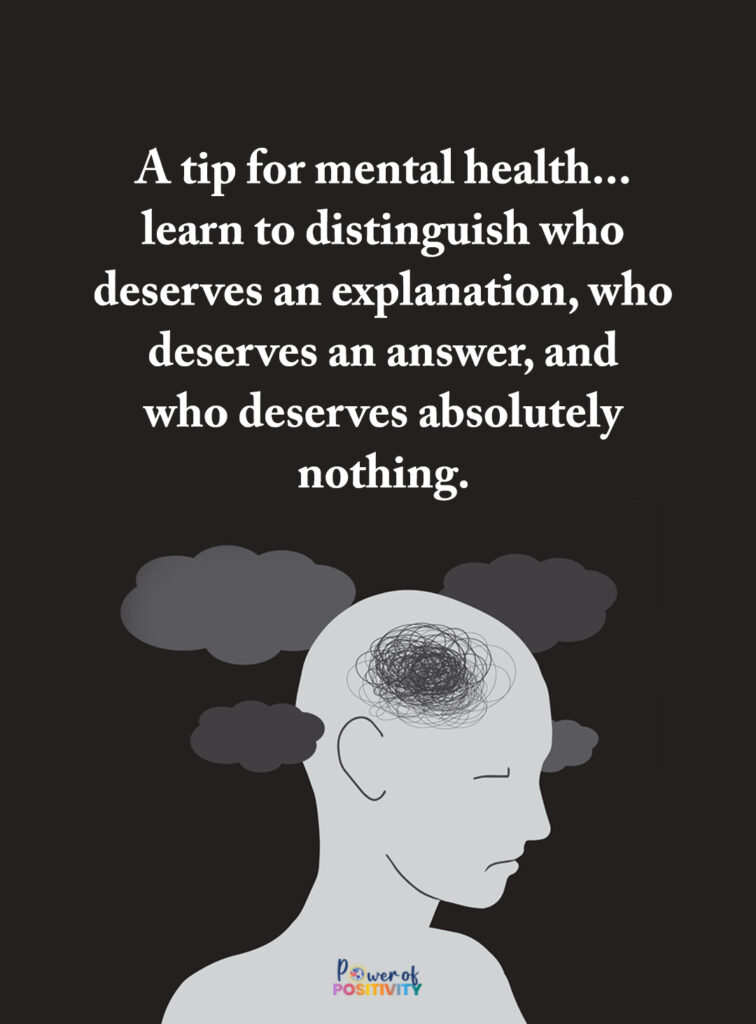Feeling off without knowing why can be frustrating. A bit more tired than usual, not feeling as hungry, or finding it harder to focus — these small shifts are easy to ignore. But they’re often the first health signs that something deeper might be going on.
Brushing them aside is common, especially when life feels busy. Still, catching issues early can save you from bigger problems later. Not every warning comes with pain or obvious symptoms. Sometimes, your body speaks in quieter ways — and it helps to listen.
This article covers 7 health signs that seem minor but shouldn’t be overlooked. Each one comes with a simple tip to help you reset and start feeling better. The earlier you notice these changes, the easier it is to get back on track.
You’re Tired All the Time — And Sleep Doesn’t Help
Waking up tired even after a full night’s sleep isn’t something to ignore. This kind of deep tiredness doesn’t go away with a nap or a day off. It could be your body flagging something like low iron, thyroid trouble, or even a sleep issue like apnea.
Feeling wiped out all the time might seem like a normal part of busy life, but it’s also one of the most common early health signs that something’s not working right inside.
Here’s how to reset:
- Ask your doctor to run basic blood tests — especially iron and thyroid levels.
- Track your sleep for one week: what time you go to bed, how often you wake up, and how you feel during the day.
- Set a regular bedtime and avoid screens or heavy meals an hour before bed.
When sleep isn’t helping, your body might be working overtime behind the scenes. Listening now can help you avoid bigger health problems later.
Sudden Changes in Appetite or Weight
Eating the same but gaining or losing weight without trying is a sign worth paying attention to. Some people feel full after just a few bites. Others notice they’re not hungry much at all. These aren’t just “off weeks” — they can be health signs tied to things like blood sugar issues, thyroid problems, or even emotional stress.
A weight change of more than 5% over a few months, with no changes to your food or activity level, deserves a closer look.
To help reset:
- Keep a simple log of what you eat and how your appetite feels for 5 to 7 days.
- Share this with your doctor to help rule out things like diabetes or gut problems.
- Try eating slowly, cut down on packaged food, and pay attention to when you start to feel full.
Noticing how your body responds to food gives you a clearer picture of your health. This kind of awareness helps you catch small health signs early before they become bigger problems.
You’re Getting Sick More Often Than Usual
Catching the occasional cold is normal. But if you’re getting sick more often, staying sick longer, or healing more slowly, your immune system might be running low. This is one of those health signs that creeps in quietly but can tell you a lot about what’s going on inside.
Low vitamin D, high stress, or even an autoimmune issue could be making it harder for your body to fight back.
Steps you can take to reset:
- Ask your doctor to check for common vitamin deficiencies, especially vitamin D and zinc.
- Add foods that naturally support your immune system: garlic, yogurt, citrus, and leafy greens.
- Spend a little time outside daily or try light exercise to help lower stress.
Getting sick too often doesn’t always mean your luck is bad — it could be your body asking for help. Paying attention to small health signs like this keeps your system stronger in the long run.
Brain Fog Is Getting in the Way
Struggling to think clearly or stay focused? That fuzzy feeling in your head — where you keep forgetting things or feel like you’re moving in slow motion — can be more than just distraction. Brain fog is one of those health signs that’s easy to miss but hard to live with.
It’s sometimes linked to blood sugar swings, poor sleep, dehydration, or even early signs of inflammation or hormone issues.
A few things that can help clear it up:
- Cut down on sugar and processed snacks for at least a week — and see how your brain responds.
- Drink more water and go to bed at the same time each night.
- Try light movement a few times a day, like walking or stretching, to boost blood flow.
Mental fog isn’t always “just being tired.” It can be your brain’s way of saying something’s off. Catching these kinds of health signs early can help you get back to feeling sharp and steady again.
Digestive Changes That Don’t Go Away
Stomach trouble comes and goes — but when it sticks around, it’s worth checking out. Things like bloating, gas, diarrhea, or constipation that last more than a couple of weeks could point to food intolerance, gut imbalance, or something more serious.
One of the body’s most honest systems is the digestive tract. When things feel off for too long, it’s often one of the earliest health signs that shouldn’t be brushed aside.
Here’s how to reset your gut:
- Write down what you eat and how you feel for five days. You’ll start spotting patterns.
- Try removing one common trigger at a time (dairy, gluten, alcohol) and see if symptoms improve.
- Ask your doctor if a stool test or gut health check makes sense.
Your digestion affects your whole body — mood, energy, sleep, even skin. Paying close attention to what your gut is saying can lead to simple changes that make a big difference.
Aches and Pains That Come Without a Clear Reason
Waking up sore or feeling stiff for no clear reason isn’t always from overdoing it. When joint pain, backaches, or muscle soreness show up out of nowhere — and don’t go away — your body may be trying to flag something deeper.
These types of health signs can be early clues to inflammation, vitamin D or magnesium deficiency, or even early arthritis. You don’t need to be elderly for these things to show up.
To help your body reset:
- Ask your doctor to check for common nutrient gaps like vitamin D or magnesium.
- Add foods that help fight inflammation: salmon, spinach, chia seeds, turmeric.
- Try easy movement each day — even a 10-minute walk or light stretching can ease stiffness and boost circulation.
Don’t wait for pain to get worse before acting. The earlier you catch these kinds of health signs, the easier it is to manage them without relying on heavy medications or long treatments.
Mood Swings or Anxiety Out of Nowhere
Feeling suddenly anxious, snappy, or low for no clear reason can be scary — especially when everything around you seems fine. These emotional shifts aren’t always about stress. Sometimes, your body is doing something behind the scenes that affects your mood.
Hormone changes, low B12, unbalanced blood sugar, or even poor sleep can throw your emotions off. Mental health isn’t separate from physical health — they’re closely tied.
Simple ways to start feeling better:
- Pay attention to your sugar, caffeine, and sleep habits — they make a bigger impact than you’d think.
- Give yourself 5 quiet minutes every morning — write in a notebook, breathe deeply, or sit without screens.
- Talk to your doctor about checking key levels like cortisol, vitamin B12, and sex hormones.
Mood swings that don’t match your day aren’t something to just “deal with.” They can be real health signs that your body is asking for help. The good news? Small steps often make a big difference — and help bring you back to feeling like yourself again.
Final Thoughts – You Don’t Need to “Push Through” Feeling Off
Not every health issue starts with pain or something dramatic. Sometimes, it’s the small stuff — feeling extra tired, losing focus, or not eating the way you used to. These little shifts are easy to ignore, but they’re often the body’s first signs that something needs attention.
You don’t have to wait until things get worse to care for your health. Taking action early, even with simple changes, can help you feel better faster and avoid bigger problems down the road.
Start small: sleep a little better, move a little more, check in with your doctor when something feels off. Paying attention to early health signs isn’t overreacting — it’s smart. Your body usually knows when something’s up. You just have to listen.















